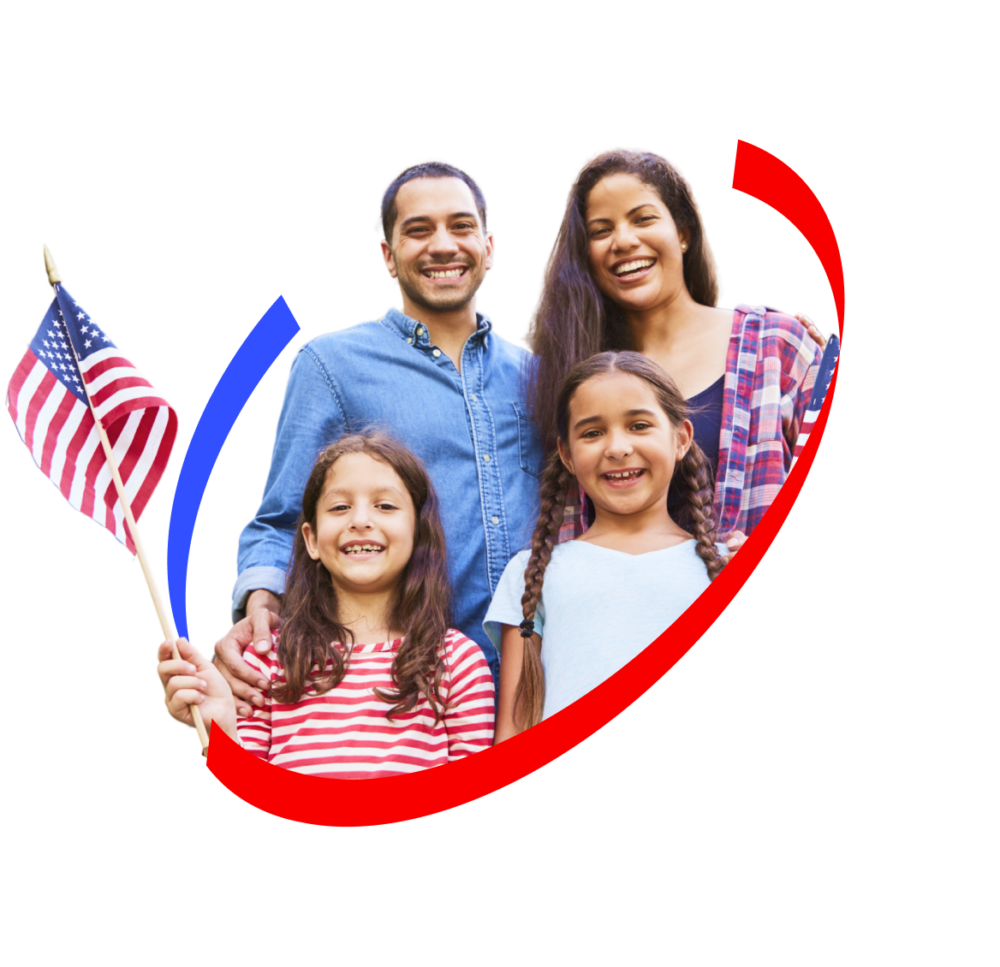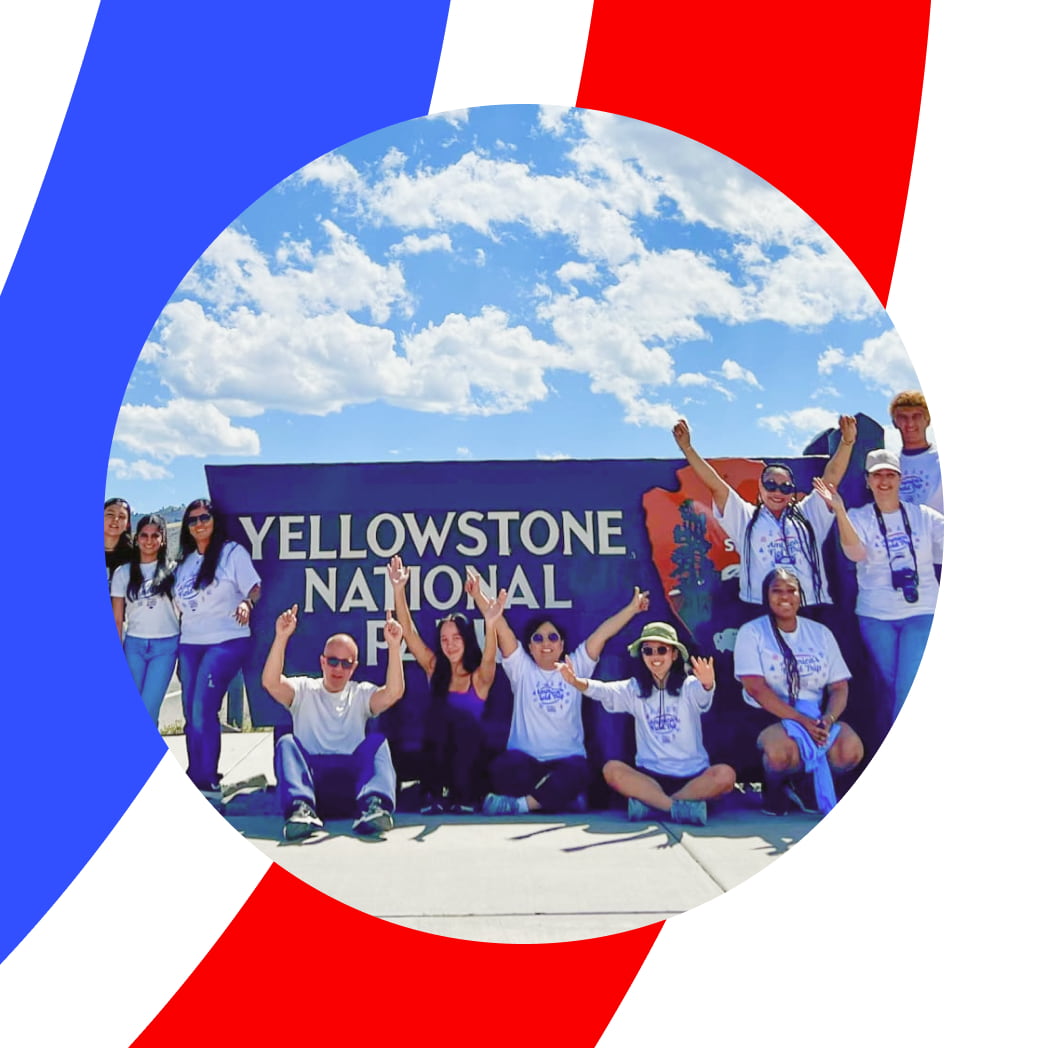What does America mean to you?
By Helen N.
Mesa, Arizona
America is my childhood. My schooling was unconventional, to say the least. I was homeschooled, but that was the least unconventional part. I learned what America was on Civil War battlefields and Texan homesteads, not in a classroom.
When I was five, my parents bought an old RV and truck, packed me and my brother into the car, and set off on the adventure of a lifetime. For six months we traveled around the US exploring national parks and discovering historical sites.
It was a balmy sixty-three degrees with a sunny blue sky looming overhead as we entered Fort Worth. Our first stop: the National Scouting Museum. As we walked into the building, the universal smell of museums, then unfamiliar, but which I came to love, washed over me. It was the smell of moth-eaten clothing, dust, old wood, and rusted metal, with a hint of Febreeze. I don’t remember much, only that I wanted to be a Boy Scout and learn how to tie knots.
In Dallas, I stood on the spot where JFK was shot. The story of his assassination fascinated me. Watching the newsreels and reading eyewitness testimonies captivated me. From then on, history was my favorite subject. Learning about the people who shaped our nation and not only the good they did, but the bad as well, not just who they were, but who they came from, thrilled me.
At the Alamo, I heard the last words of men like James Bowie and William Travis spoken by interpreters in period clothing. I read the entries in Susanna Dickinsons diary of the siege and the sacrifices made for freedom. I watched a demonstration of how to fire a cannon and make cornbread.
We ended up extending our planned three weeks in Texas to three months.
In Louisiana, I learned about the Acadian people who were expelled from Canada and settled in Acadiana and tasted fresh pillowy beignets and spicy gumbo in Baton Rouge. In Lafayette, I got an accordion and serenaded my family with the lovely screeches only a five-year-old could draw out of it.
We continued on, traveling through Mississippi, up the Natchez Trace, the Great Smoky Mountains, and the Blue Ridge Parkway, visiting memorials, battlefields, national parks, and historic homes. My family has gone on many more trips, but we affectionately refer to our first as The Big Trip.
Through all of our travels, I saw some of the worst examples of humanity. But where there was cruelty, there was also great kindness and courage. Those six months taught me more than any classroom ever could. It taught me that although we celebrate our freedoms now, we cannot ignore the path it took to have them. That injustice can be overcome. That the people of the past were real people. Most importantly, that history is meant to be remembered. Even the hard parts, the terrible parts, the worst examples of human nature. Especially those parts. Because those who cannot remember the past are condemned to repeat it.
America became that reminder for me. America is not a government, or a political party, or even a set of laws. It is a people, one that has been forged by the unheard, unnamed, and forgotten that fought to ensure a brighter future for those that came after.

